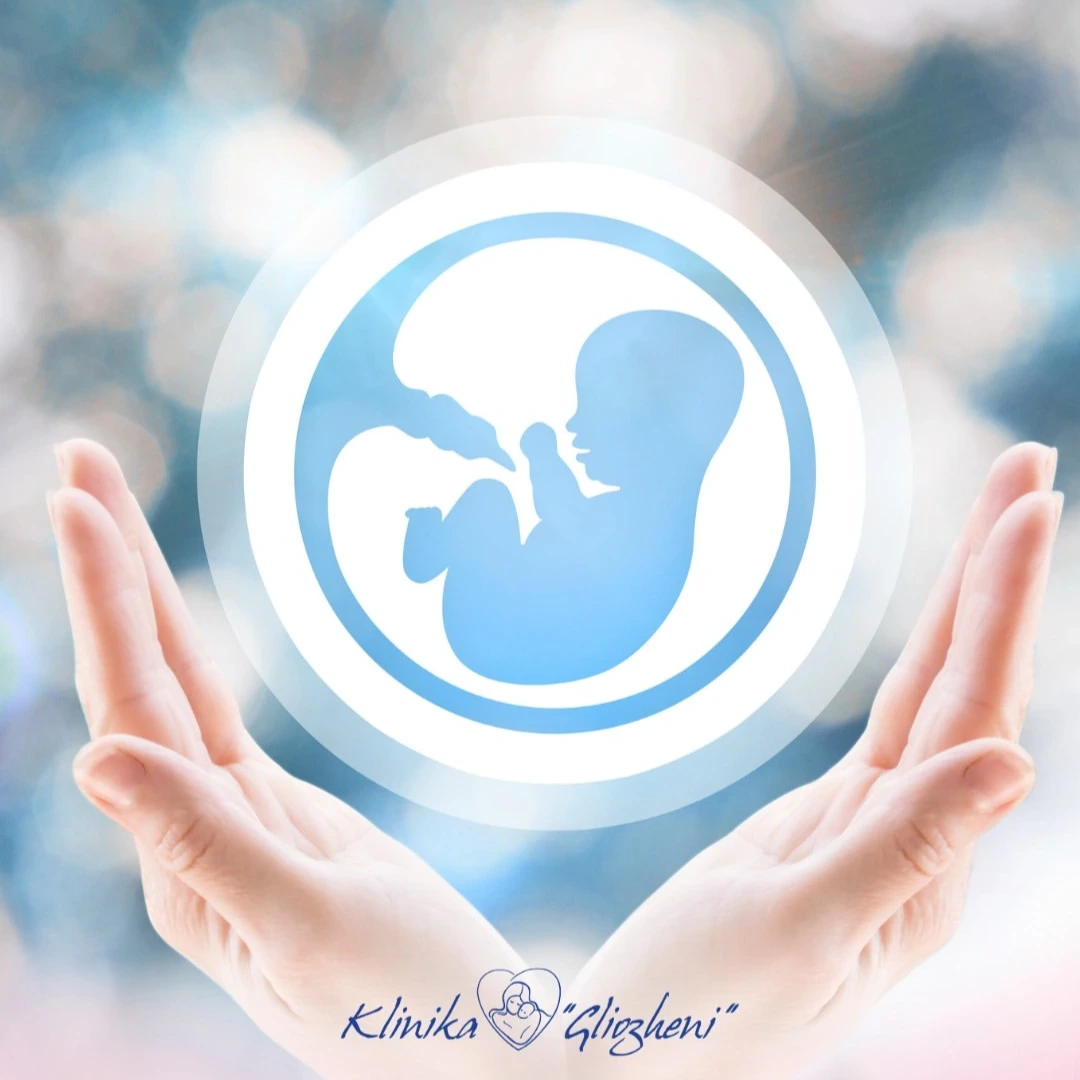A new perspective on parental care
At Gliozheni Clinic, we firmly believe that postpartum mental health is just as important for fathers as it is for mothers. The foundation of a healthy family begins with the well-being of both parents. When we talk about postpartum depression, our minds instinctively turn to mothers. But that’s only half of the picture. Numerous studies show that postpartum depression in fathers is a real and significant phenomenon, one that unfortunately remains in the shadows, veiled by societal expectations and misunderstandings.
Causes and symptoms: How to recognize paternal Postpartum depression
The arrival of a child is a monumental transition that fundamentally reshapes a man’s world. The causes leading to what is known as paternal postpartum depression (PPPD) are a complex web of biological, psychological, and social factors that go far beyond simple “baby blues.”
The Biological Undercurrent: While often overlooked, the biological shifts in new fathers are real and significant.
- Hormonal Fluctuations: Research has shown that men experience notable hormonal changes. Testosterone levels, associated with dominance and libido, can drop in the months following a child’s birth, potentially as a biological adaptation to promote nurturing behavior. Simultaneously, stress hormones like cortisol can spike due to the new demands and lack of sleep. Other hormones involved in bonding, such as oxytocin and prolactin, also fluctuate, and this delicate neurochemical balance can be easily disrupted, predisposing a man to mood disorders.
- Chronic Sleep Deprivation: This is not just about feeling tired; it’s a powerful physiological disruptor. Fragmented sleep and the inability to enter deep REM cycles impair the brain’s ability to regulate emotions, solve problems, and manage stress. A sleep-deprived brain operates with a “short fuse,” making a man more susceptible to irritability, anxiety, and feelings of being completely overwhelmed.
The Overwhelming Psychological and Social Pressures: Beyond biology, the psychological weight of modern fatherhood can be immense.
- The Identity Crisis: A man is no longer just a partner, professional, or individual; he is now a father. This new identity can feel all-consuming, leading to a sense of losing one’s old self. Hobbies, friendships, and personal time evaporate, which can trigger a grieving process for his past life.
- The Provider Pressure: The financial expectation to provide for a new, vulnerable human being can be a source of intense anxiety. This pressure is often internalized, with fathers feeling a crushing weight of responsibility to be the family’s financial bedrock, even in dual-income households.
- Shifting Relationship Dynamics: The couple’s dynamic is irrevocably altered. The focus naturally shifts to the baby, and the father may feel excluded from the intense mother-infant bond. Intimacy often decreases, and the partner he once turned to for support is now exhausted and equally focused on the newborn. This can lead to profound feelings of loneliness, jealousy, and isolation within his own home.
The symptoms of PPPD often manifest in ways that align with traditional masculine expressions of distress, making them difficult to identify as depression:
- Irritability and Anger: This is a hallmark symptom. It may present as uncharacteristic snapping, road rage, or constant frustration over minor issues.
- Escapist or Risky Behaviors: To cope with the internal turmoil, a man might engage in behaviors like excessive drinking, substance use, gambling, or pursuing risky hobbies.
- Workaholism: Becoming obsessively focused on work can be a socially acceptable form of escape. It allows a man to retreat to a domain where he feels competent and in control, avoiding the chaos and emotional demands at home.
- Physical Symptoms: Depression in men often somatizes. This can include persistent headaches, digestive problems, muscle aches, or a feeling of being perpetually run-down.
- Emotional Numbness and Withdrawal: Rather than overt sadness, many fathers report feeling emotionally “flat” or disconnected from their partner and even the baby, which can then trigger intense guilt.
Stigma and silence: Why fathers suffer in silence
One of the biggest and most destructive obstacles to treating paternal postpartum depression is the pervasive social stigma surrounding men’s mental health. Our culture perpetuates an outdated and rigid archetype of masculinity, which creates a silent prison for suffering fathers.
The “Pillar of Strength” Myth: Society often dictates that men must be “strong”—the unwavering pillar of the family, the protector, the rock. This narrative leaves no room for vulnerability, sadness, or fear. When a new father experiences these very human emotions, it creates a powerful internal conflict. He feels he is failing at the most fundamental level of manhood, leading to profound shame and a belief that his struggles are a personal weakness, not a legitimate medical condition.
The Fear of Judgment and Invalidation: This fear operates on multiple levels.
External Perception: He worries about how he will be perceived by his partner, family, and friends. The fear of being seen as incompetent, “less of a man,” or a burden is a powerful silencer. This is especially true if his partner is also struggling; many men will suppress their own needs out of a misguided sense of duty, believing they must not add to her load.
Internal Monologue: The father’s inner critic can be relentless: “What’s wrong with me? I should be happy.” “My partner is going through so much more; I have no right to complain.” “Will they see me as a failed father if I admit I can’t handle this?”
The path to well-being: How we can help
Breaking this silence is the first step. Emotional support from a partner, family, and doctors can make an extraordinary difference. An open conversation where the father feels safe to express himself is essential. The partner can help by recognizing the signs and encouraging him to talk. Above all, it is vital to understand that this is a medical condition, not a sign of weakness, and seeking professional help is an act of strength.
Gliozheni Clinic offers support for new parents after childbirth, focusing on obstetric and gynecological health. The medical team provides specialized care for the mother’s physical recovery and offers a safe environment where parents can openly discuss emotional challenges. The clinic also guides families toward other specialists if needs are identified that fall outside its area of expertise.
Conclusion: A call to action
Postpartum mental health is not just a mother’s issue; it’s a family issue. Caring for fathers is just as important as caring for mothers. Recognizing and treating postpartum depression in fathers is an essential step toward a healthy family. If you are a new father feeling overwhelmed, remember: you are not alone.
Don’t let silence stop you from getting the support you deserve. Contact our team at Gliozheni Clinic today. Your family’s health starts with you.







